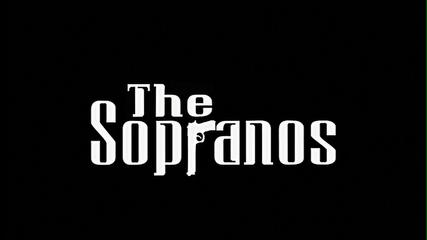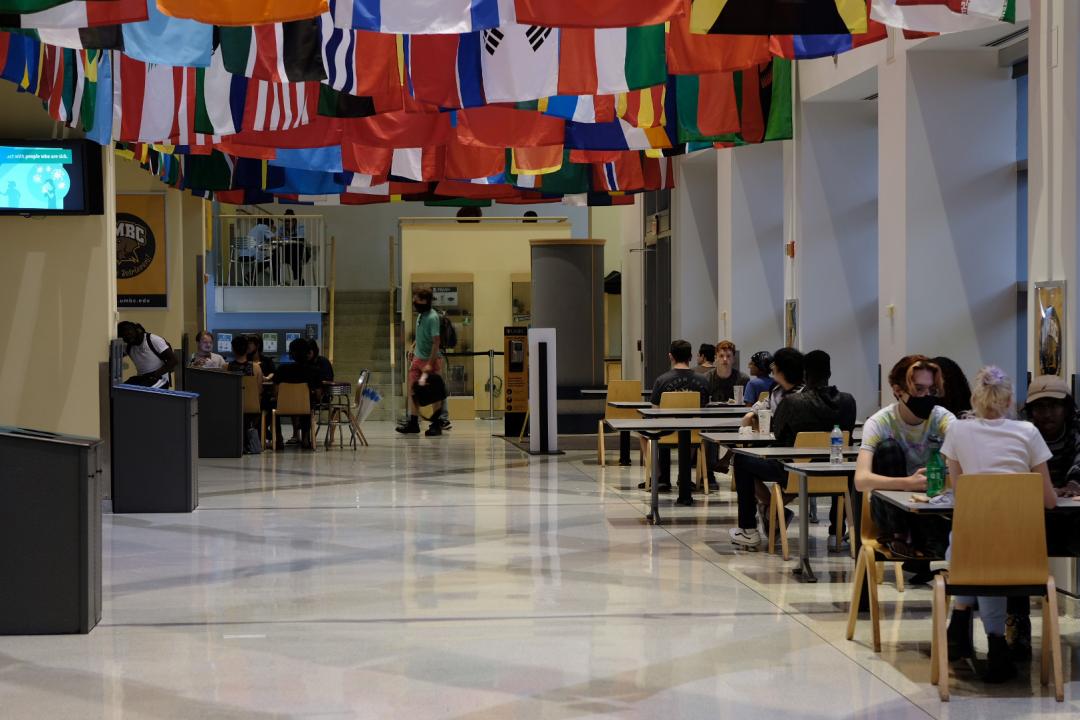Before their show on October 1 at Ottobar in Baltimore, I had the chance to sit down in the cafe-portion of a butcher shop right down the street from the venue with Kalmia Traver, the lead-singer and saxophonist of the indie-dance band, Rubblebucket. She talked about the band’s musical influences, high and low points in their career and where the band is headed in the future.
How did you get started with music?
Well I grew up in a really musical family, and I was just surrounded by it all the time. My mom and dad would sing me lullabies, and we would just sing on different occasions. Up in Vermont, I had a very musical community and there was just music everywhere.
Who are your biggest musical influences?
I’d say it’s very hard to narrow it down to just one person. I would say some of the first music that got me interested in playing and singing myself were jazz musicians like Count Basie and Ella Fitzgerald, and probably John Coltrane. Those were some of the first recordings that spun my head around and made me want to broaden my education.
Your sound is a very unique blend of electronic and traditional jazz. What would you best describe your music as and what led you to pursue that style?
It’s been interesting over the years not just to play music, but also to describe our music to people. It’s hard because we have so many different influences, and I feel like, in this day and age, there is not really identity around genre. It’s kind of like a free for all. Just for the sake of communicating to potential new listeners what we are, we kind of settle on indie-dance, but also art-rock is a genre, I don’t even know if that’s a genre, that I identify with.
What is a rubblebucket and how did you decide on that name?
Well a rubblebucket is a tool used in stonemasonry. I don’t know if it’s just a colloquialism from Vermont where we come from, but yeah, it’s just like a bucket that you put rocks into.
How do you think your background in reggae from your previous group, John Brown’s Body, influences your music now?
I learned a lot about reggae from that group. Also, just seeing how they did things on the road really enabled Alex and I to believe in ourselves and think that we could do that too.
What has been the biggest obstacle you faced before getting to the point that you’re at now?
Definitely just self-doubt for sure. Around every single corner it is just hard to put yourself out there. It’s just really scary. Saying that you are your own worst critic is really true.
What do you attribute the majority of your success as a group to?
In a similar almost parallel sense, just having the ability to shut out the inner demons. But really, it’s just fans. People that fall in love with your vision and want to be a part of it is just the biggest blessing. We went from literally no one except for our parents knowing about us, to forming little communities in all of the towns we performed in, to having people in cities like Baltimore, that are several hundred miles from where we first started, willing to come pay to see us.
Where did the idea for the “Came Out of a Lady” music video come from? What did you want people to take away from the video?
We had the song, and we knew it was special. I remember the first time we ever played it live we were on the verge of breaking up as a band, and Alex wrote this song and we played it and kind of just freaked out. Our drummer, Dave Cole, is really into film and editing and he really came forward with the treatment and video for this song involving a giant puppet head that we came out of that was just absurd. We designed the puppet together and it took a whole month to construct it. It was really fun and really empowering. It was our first video and we did everything ourselves with only the help of our friends.
Out of all of the albums that you have put out, which one would you say is your favorite?
I think we would all agree that that is our latest one, “Survival Sounds.” It has been a very big growing experience where we have learned to make better music and write better music. We are actually working on an album right now and when that one comes out, it will be the best one yet, and that will be my favorite.
How would you describe your evolution as a band over time? Was it your sound, your understanding of music or something else?
Well I can say when we started out, all of our closest most organic contacts were in the “jam-centric” scene in New England. But that has definitely changed after living in Brooklyn, which is such an artistically driven community. I think that might be one of the single biggest influences that has crystallized us.
What is it like to be traveling the country touring?
It’s extremely exhausting and very much of an expenditure of energy with not a lot of time to recoup except on a nightly basis in front of a crowd, but that’s what it is all about. You live for twenty-three hours for just one of your kind of true work. For me I’ve really found and adapted to the notion that the whole twenty-four hours has to be your true work.
Do you have a favorite city to perform in?
Growing up in Vermont, it was always so great to perform in Burlington, Vermont because the fans there are so amazing. I also like to play on the West Coast, [especially] in San Francisco, that is just another hub of amazing-ness. But last summer, we played some of our first European shows so we have a couple of contenders there like London and Berlin and Paris. You’ll probably never get a straight answer from me about that.
One way you promoted “Omega La La” was with a performance on “Jimmy Kimmel Live!” Was performing on live national television nerve-wracking? What was it like?
It was a career-highlight, it was really fun. It felt like such an arrival point for all of us when we had been working so hard. It’s almost like a distant memory now, but it was just a whirlwind. We flew out to L.A. and we had a bunch of our fans come and dance which was really special. I was so nervous. I go back and watch it (which isn’t that often) and get so embarrassed because you can tell I was so nervous. I hope I never get that nervous again.
What plans do you have for the future?
We are kind of finishing out the touring cycle for “Survival Sounds,” and then we’ll be home in Brooklyn finishing up writing and recording our new album. Everything is kind of resting on that so we’ll see.




